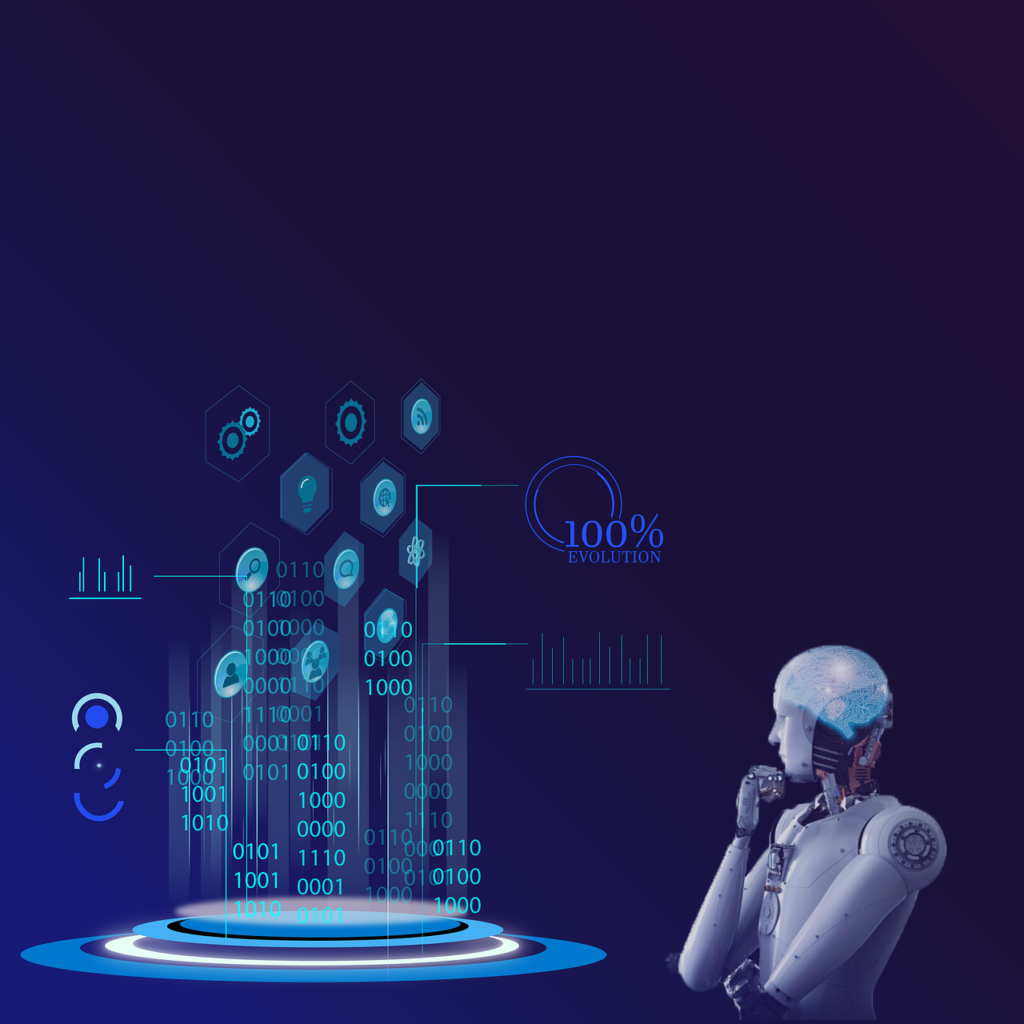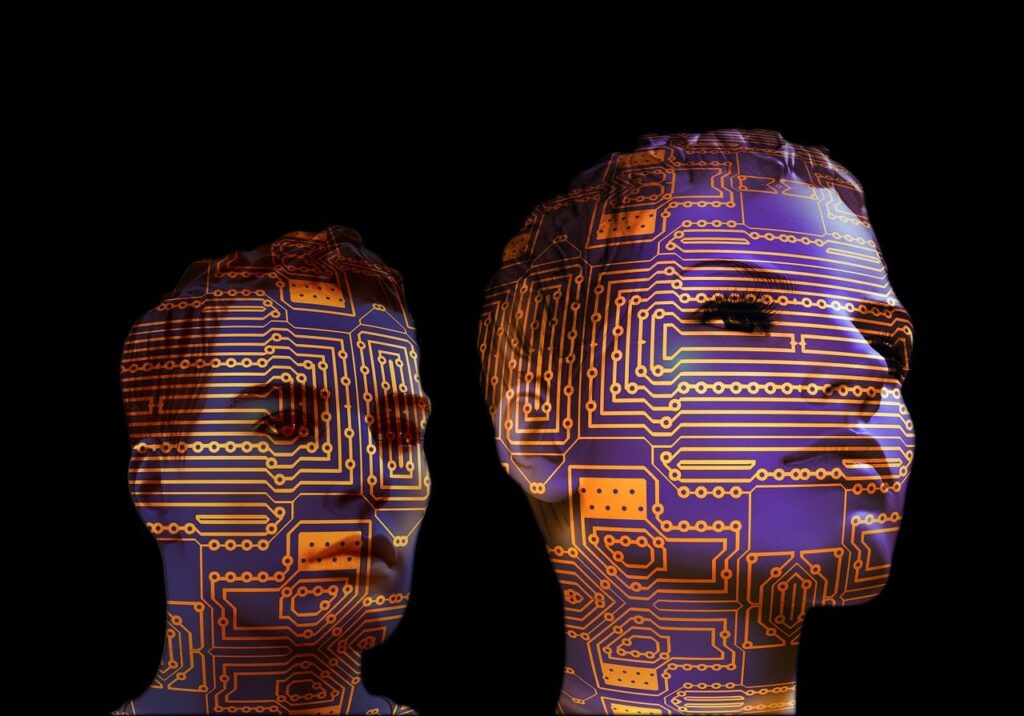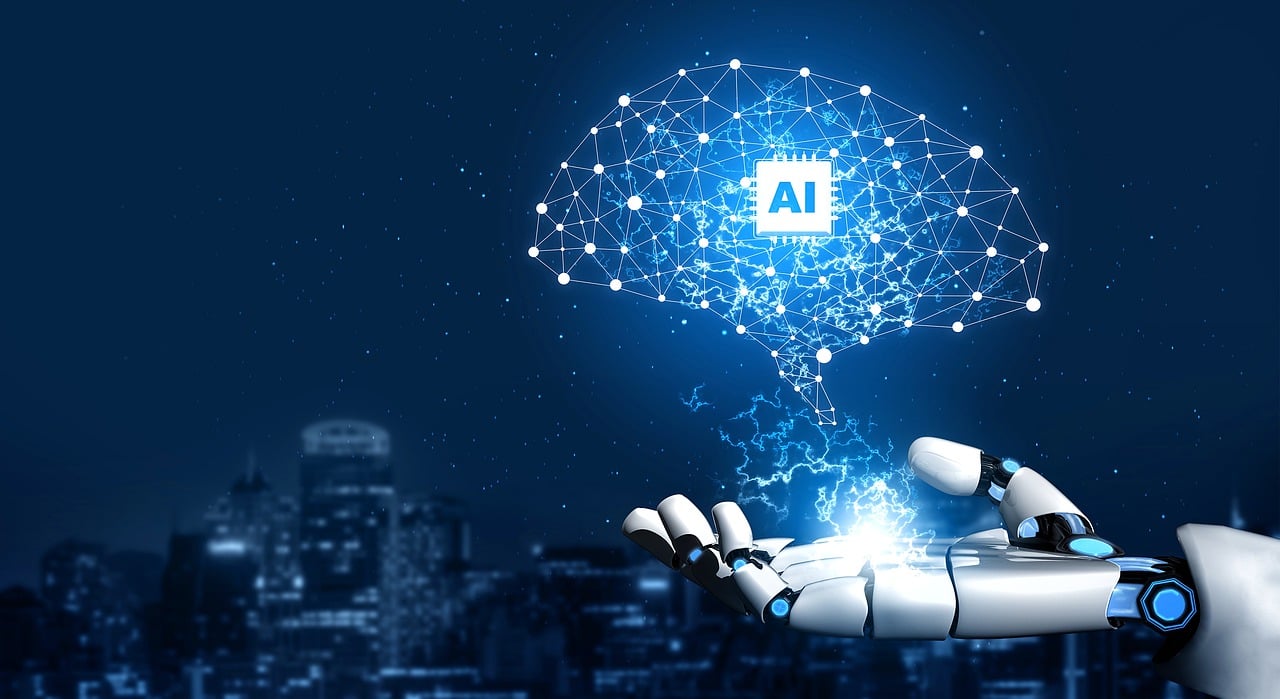Introduction
Artificial General Intelligence (AGI) has been a hot topic in the field of technology and philosophy for decades. Unlike the specialized Narrow AI we interact with daily, AGI promises the capacity to perform any intellectual task a human can, potentially reshaping our world. But what exactly is AGI, and why does it matter?
The Foundations of Artificial General Intelligence
Understanding the Difference Between Narrow AI and AGI
Narrow AI, or Weak AI, specializes in one area—think of virtual assistants like Siri or recommendation algorithms like Netflix. AGI, on the other hand, possesses the ability to learn and operate across multiple domains, adapting dynamically to tasks it hasn’t been explicitly programmed to perform. Artificial General Intelligence
Characteristics of AGI
Autonomy and Learning Across Domains
AGI isn’t just about following instructions. It can autonomously gather insights, adapt to new scenarios, and learn continuously without significant human intervention. Artificial General Intelligence

Ability to Perform Any Intellectual Task
Imagine an AI that can diagnose illnesses, compose symphonies, and solve complex mathematical problems with equal proficiency. That’s AGI’s ultimate goal.
Key Technologies Driving AGI
Neural Networks and Deep Learning
The backbone of AGI development lies in advanced neural networks capable of mimicking the human brain’s decision-making processes.
Natural Language Processing
For AGI to understand and communicate effectively, breakthroughs in NLP are essential. GPT models and conversational AI have set the stage. Artificial General Intelligence
Robotics Integration
The physical embodiment of AGI through robotics allows it to interact with the world, paving the way for tasks requiring dexterity and mobility.
The Potential of AGI
Transforming Industries with AGI
Healthcare
From early diagnosis of diseases to personalized treatment plans, AGI could revolutionize medicine, saving millions of lives annually. Artificial General Intelligence
Education
Imagine tailored learning experiences for every student. AGI could serve as a universal tutor, catering to individual strengths and weaknesses.

Environmental Impact
AGI can analyze climate patterns, optimize energy use, and develop sustainable solutions to global challenges.
How AGI Can Revolutionize Daily Life
Personal Assistants
Think of a super-intelligent assistant that manages your schedule, predicts your needs, and adapts to your preferences seamlessly.
Smart Cities
AGI could manage traffic, reduce energy consumption, and enhance public safety, turning futuristic cityscapes into reality. Artificial General Intelligence
Challenges and Ethical Concerns
Technical Hurdles
Data Requirements

AGI requires massive datasets to learn effectively, raising questions about data privacy and accessibility.
Computational Power
Developing AGI demands unprecedented levels of computational resources, a barrier even for tech giants.
Ethical Considerations
AGI Safety
Ensuring AGI aligns with human values is paramount. Without safeguards, AGI could make decisions that conflict with societal norms.
Bias and Fairness
AGI systems could unintentionally reinforce existing biases in their training data, leading to ethical dilemmas.
Socioeconomic Impacts
Job Displacement
While AGI might create jobs, it could also render many roles obsolete, raising concerns about unemployment.

Wealth Inequality
As companies develop AGI, the gap between the haves and have-nots may widen, necessitating discussions on equitable access.
Expert Insights into AGI
Insights from Leading Researchers
Prominent researchers emphasize the need for caution and collaboration in AGI development, citing both its immense potential and significant risks. Artificial General Intelligence
Predictions on AGI’s Arrival
Experts diverge on timelines, with some optimistic about breakthroughs within decades and others urging patience due to existing technological constraints.
Industry Leaders’ Perspectives on AGI’s Role
Tech leaders envision AGI as a collaborative partner rather than a replacement for human intelligence, fostering innovation and growth. Artificial General Intelligence
AGI in Science Fiction vs. Reality
How Media Portrays AGI
From benevolent companions to apocalyptic threats, AGI’s portrayal in media influences public perception.
Bridging Fiction and Real Possibilities
While current technology doesn’t match sci-fi’s imagination, ongoing advancements bring elements of fiction closer to reality. Artificial General Intelligence
The Future of AGI Development
Roadmap for AGI Implementation
Achieving AGI requires global collaboration, iterative innovation, and transparent policies.

Collaboration Between Humans and AGI
Rather than viewing AGI as a competitor, experts advocate for a symbiotic relationship, enhancing human capabilities. Artificial General Intelligence
Conclusion
Artificial General Intelligence stands at the frontier of human ingenuity. While challenges remain, its potential to transform every aspect of life is undeniable. As we march toward this exciting future, balancing innovation with ethical responsibility will be critical.
FAQs
1. What is the difference between AGI and Narrow AI?
AGI has the ability to perform any intellectual task across domains, while Narrow AI specializes in specific tasks.
2. How close are we to achieving AGI?
Estimates vary, but many experts believe we are decades away from fully realizing AGI.
3. What are the ethical challenges associated with AGI?
Issues like bias, safety, and socioeconomic impacts are major concerns.
4. Can AGI replace human jobs entirely?
While AGI might replace certain jobs, it will also create new opportunities, necessitating a shift in workforce skills.
5. How will AGI impact the future of humanity?
AGI has the potential to revolutionize industries, enhance daily life, and address global challenges, but it must be developed responsibly.


1 thought on “10 Expert Insights Into the World of Artificial General Intelligence”